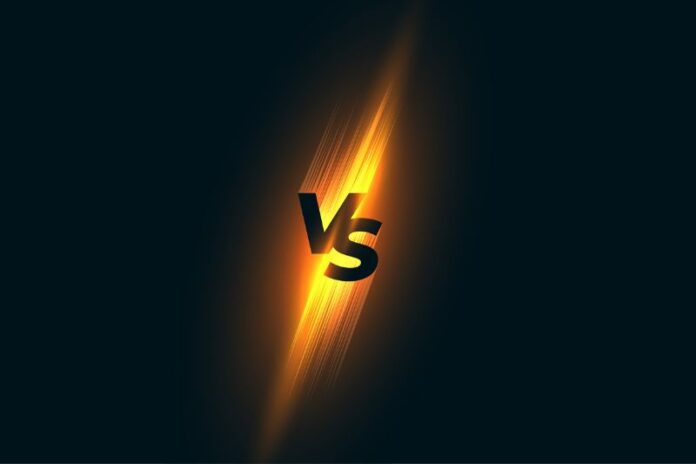“Donald Trump will be a tyrant!”
So my neighbors claim. I live in Manhattan. Feel for me.
Yes, Trump says wild things, like riffing about “terminating” parts of the U.S. Constitution.
But I don’t think he means it. As Joe Rogan said to Trump when candidate Trump came on his show, “You say a lot of wild s—!”
In any case, podcaster Michael Malice, in my new video, says not to worry, “We have so much further to go before we’re lost as a country.”
Malice knows the damage real tyrants do. He’s spent time in North Korea, and he was born in the Soviet Union. He detests political “leaders,” saying the best political system is anarchism: self-government without a central authority, or, as the AI on my computer defines it: “a self-managed, stateless society based on voluntary cooperation and mutual aid.”
Malice and I debate that. I’m no anarchist. I’m a libertarian. I believe we should be allowed to act as we wish, so long as we don’t hurt others. I accept the need for limited government, one that adjudicates disputes, enforces pollution control, and funds police and a military to keep us safe.
Malice says it’s wrong to think that way, because all central government is a problem.
“Security is like anything else,” he argues. “Should the government be producing books? …
No. Producing helicopters? … No … a government monopoly makes no sense. But somehow when it comes to security, you’re OK with this. And then you live in New York and wonder why it ends up being the way it is.”
I’m not convinced that security is “like anything else.” A government monopoly on force at least means that we rarely have different security forces fighting each other.
“How about pollution?” I ask, because I don’t see how my beloved free market will effectively address it. “My smoke goes into other people’s lungs. Under anarchy, there’s no preventative mechanism that would deter me from letting that smoke travel.”
“That’s an aggression,” replies Malice. “You are violating my space. That would be adjudicated under private arbitration, which would be faster and more efficient.”
Private lawsuits and arbitration are efficient? Not that I’ve seen.
It’s hard for everyone who breathes my fumes to sue me.
“There would be some John Stossels out there who make those polluting cars or they don’t really care. But the point is, all the pressures on cars and all these other mechanisms are far more a function of people getting informed and involved than it is the function of government laws.”
He points out that pollution is worst in countries with big governments, “like China, where under communism … you drain every bit of resource that you can. … people getting cancer, dying, you don’t care. Under free markets, people are more invested and have more of a space to say something, to clean up the environment.”
“But our air and water were filthy before we had government’s pollution laws,” I point out.
“How did they get cleaned up? Because you had organizations saying ‘pollution is bad’ …
And these companies did something about it. Government laws came as a consequence.”
Malice calls anarchism “libertarianism with principles.” He also published “The Anarchist Handbook,” featuring essays by thinkers who say that a society without government could work well.
I’m skeptical.
I hate our big intrusive government, hate that it grabs almost half our money and micromanages our lives. I hate the politicians who act like good things come from them, rather than from millions of free people pursuing our own interests. I hate that government constantly grows more intrusive and takes more of our money (under both Democrat and Republican administrations).
But I do think we need some of it.





























